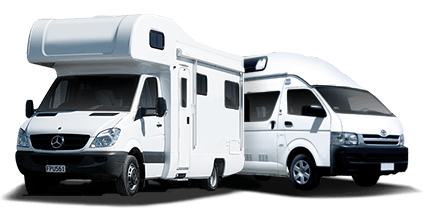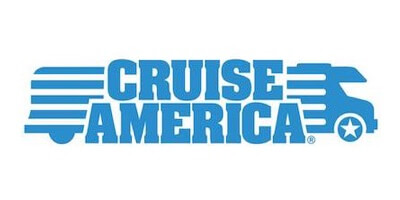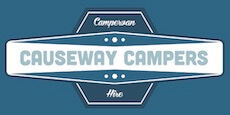RV Rental in Dallas | Best Motorhome Prices in Texas

Big savings on leading brands






Journey Beyond Dallas: Unforgettable RV Adventures Await
Discover Texas' Natural Wonders and Historic Gems in Comfort and Style

A modern metropolis in North Texas, Dallas is a cultural hub rich in history and vibrant with unique artistry. Known for its pivotal twentieth-century events, including the assassination of President John F. Kennedy, and its iconic skyline of soaring skyscrapers, Dallas offers an unforgettable urban experience. Beyond the city, Dallas serves as a gateway to breathtaking natural wonders, with its ideal location making it the perfect starting point for RV journeys to some of Texas' most scenic destinations.
Close by, Caddo Lake State Park reveals a different side of Texas—a vast expanse of wetlands, cypress trees draped in Spanish moss, and a thriving array of wildlife. Heading west, the dramatic landscapes of Big Bend National Park allow you to journey back through geological time, where the rugged Chihuahuan Desert and the meandering Rio Grande promise unforgettable vistas—all while enjoying the comfort of your RV.
If coastal views call to you more than inland lakes, steer your RV south towards the refreshing Gulf Coast beaches, with a stop at the Enchanted Rock State Natural Area. Known for its distinctive pink granite dome, diverse wildlife, and inviting spots for picnicking and camping, this area offers sublime sunsets and star-studded Texas nights—best enjoyed from your RV deck. From here, a scenic drive brings you to Padre Island National Seashore, the world’s longest stretch of undeveloped barrier island, offering endless natural beauty along the coast.









